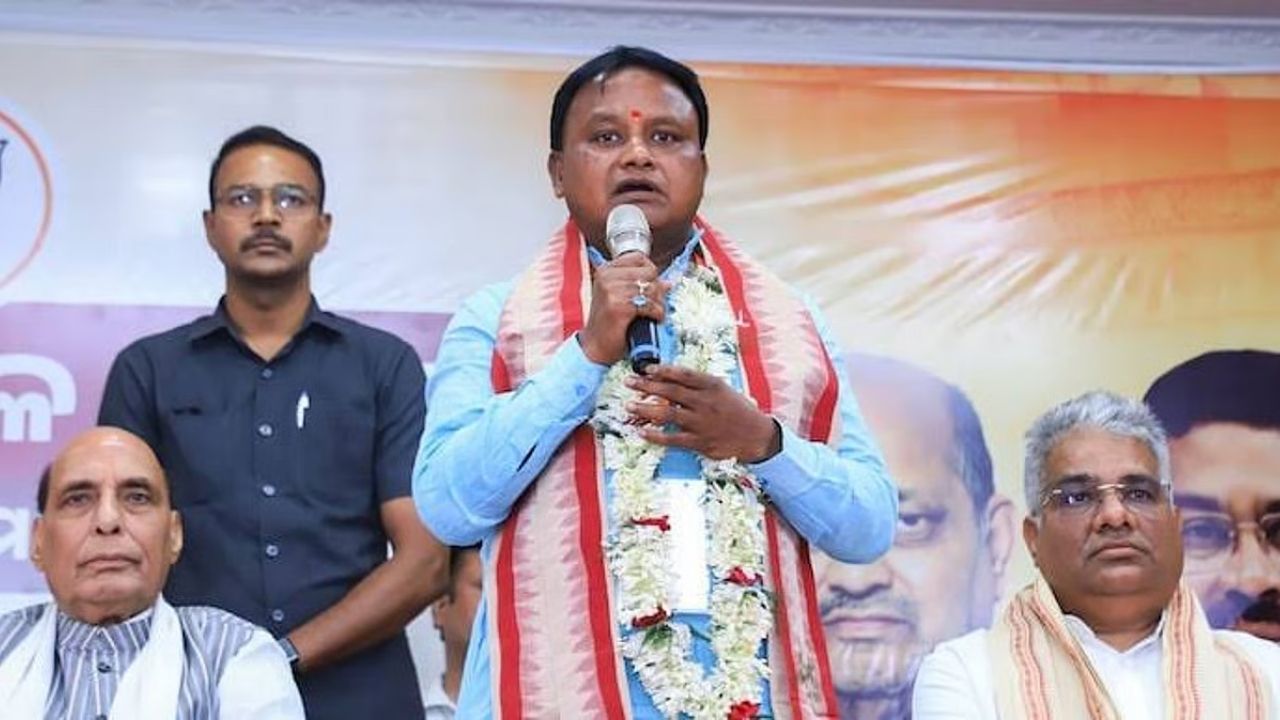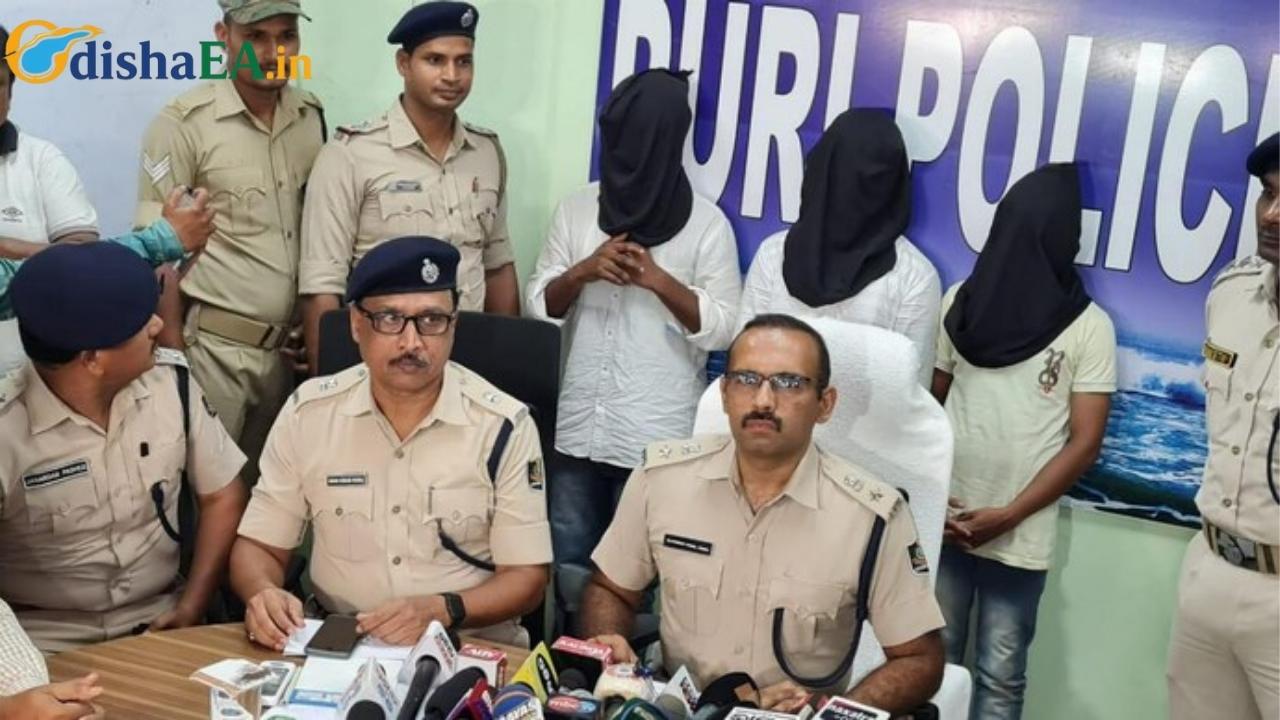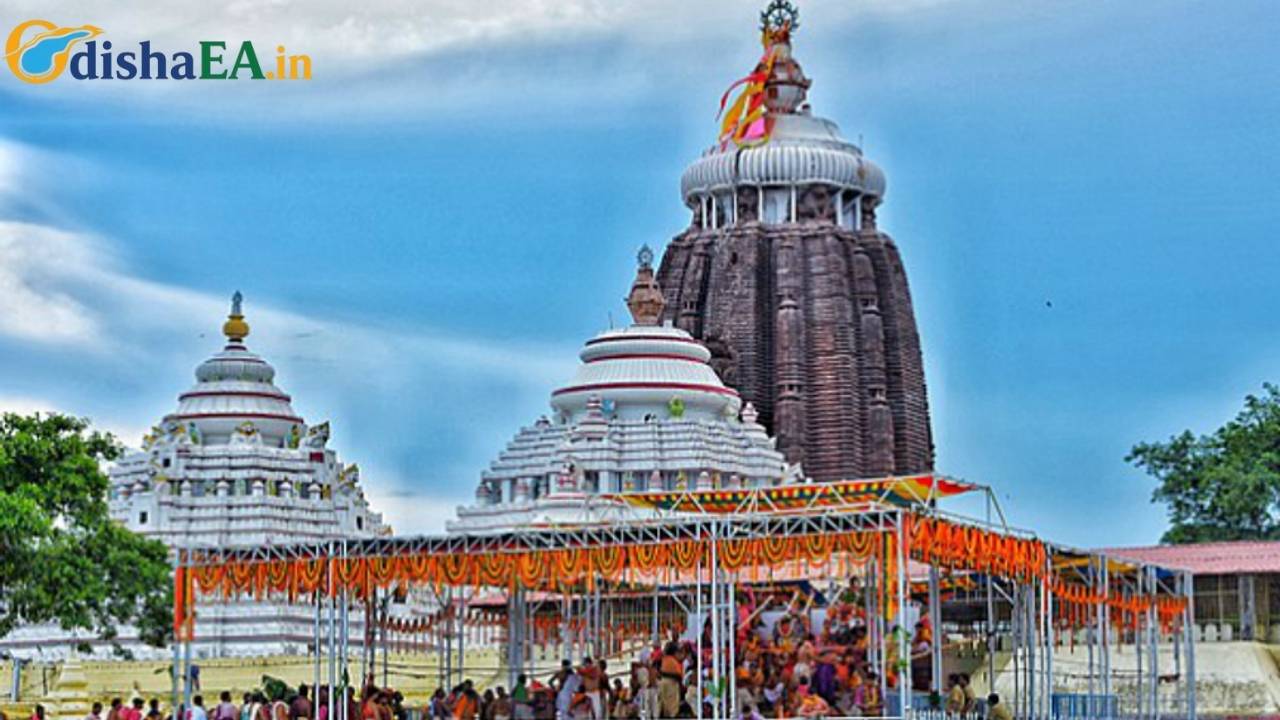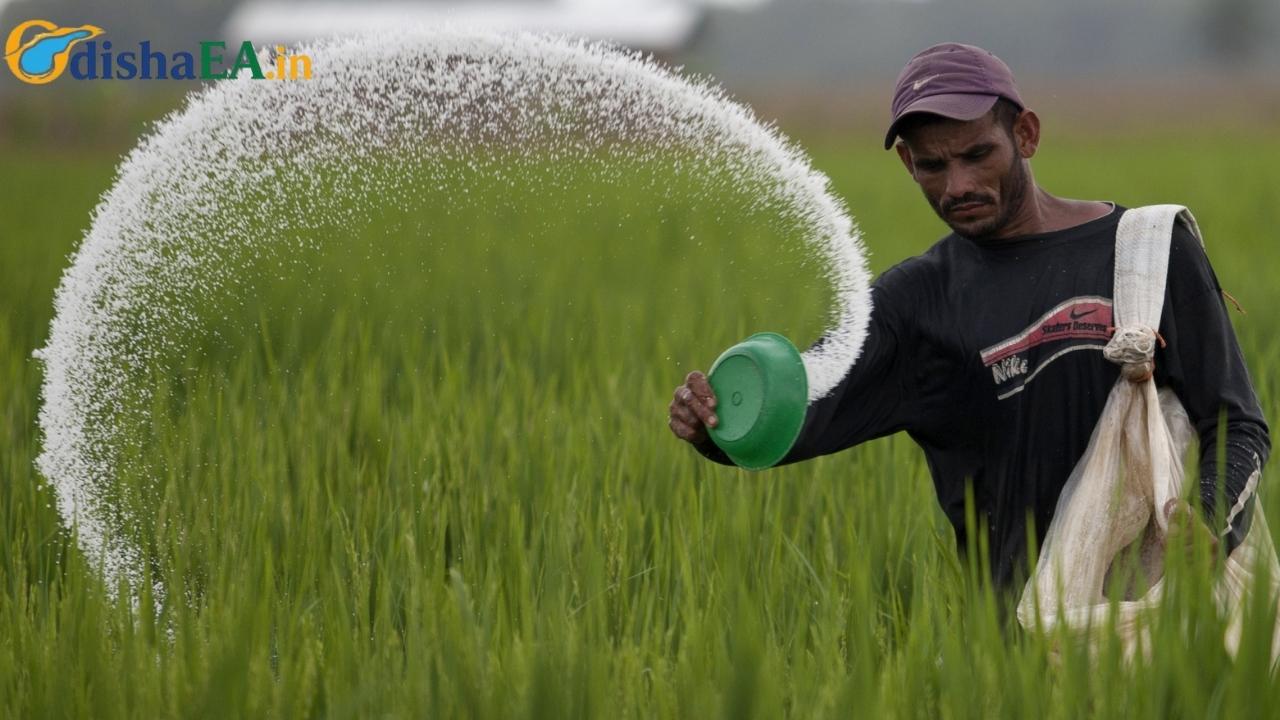The first year of Odisha’s Chief Minister, Mohan Charan Majhi, has been a rollercoaster ride. A mix of triumphs and failures, it’s been a year marked by communal tensions, governance challenges, and a major public outcry over the handling of women’s safety and law and order. This article will dive into Majhi’s controversial leadership, looking at the key events of his first year in office, the decisions that have shaped the state’s future, and the challenges that lie ahead for him and the state of Odisha.
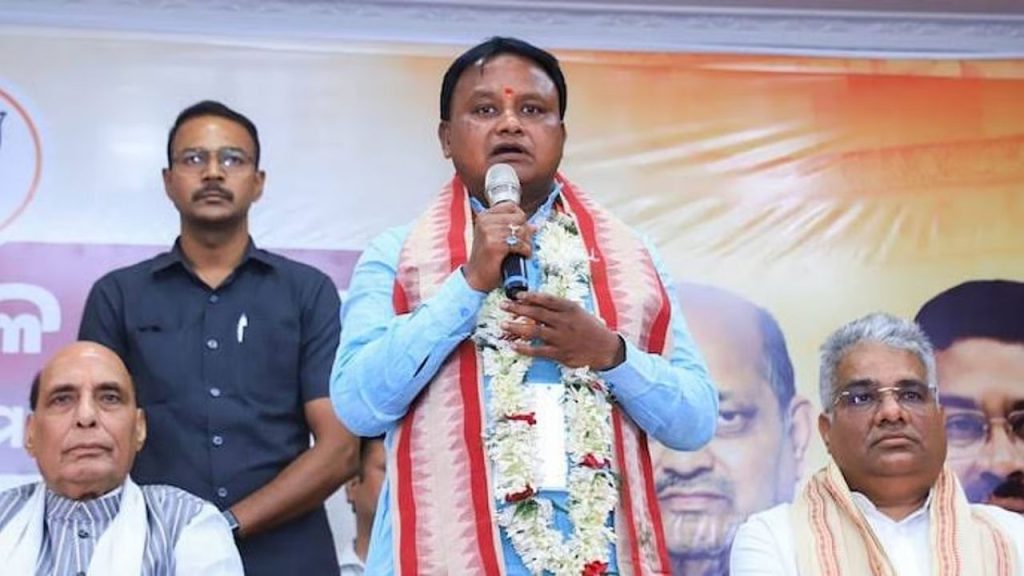
In this article, we’ll explore the rise of Majhi as Chief Minister, the controversies surrounding his tenure, the measures he’s taken to bring development, and the ongoing struggle to ensure peace and safety in the state. We’ll also look at the political landscape, the role of opposition parties, and what citizens and professionals alike should know about the state’s governance moving forward.
Odisha CM Majhi’s First Year Marked by Controversies
| Key Area | Details |
|---|---|
| Mohan Charan Majhi’s Tenure | CM of Odisha since June 2024. Leadership focused on tribal welfare, but faced significant backlash on communal violence and governance issues. Times of India |
| Communal Clashes | Notably, the violent clashes in Balasore, July 2024, related to religious issues, igniting tensions within the state. |
| Women’s Safety Issues | The tragic death of a college student in Balasore in July 2025 after being allegedly harassed sparked calls for resignation. |
| Development Initiatives | Tribal welfare programs such as the Subhadra Yojana and establishment of regional development councils in Odisha. New Indian Express |
| Opposition Response | Congress and JMM leaders criticized the CM’s handling of communal and safety issues, pushing for no-confidence motions and resignation. |
Mohan Charan Majhi’s first year as Odisha’s Chief Minister has been a tale of both progress and setbacks. While his focus on tribal welfare and development initiatives shows promise, the controversies surrounding communal tensions and women’s safety have cast a long shadow over his leadership. The state’s future trajectory depends on how well Majhi addresses these challenges and works toward a more inclusive, safe, and peaceful Odisha. As he moves into his second year, the eyes of the nation will be on him to see if he can rise above the controversies and lead the state into a new era of governance.
The Rise of Mohan Charan Majhi as Odisha’s Chief Minister
Mohan Charan Majhi assumed office as the Chief Minister of Odisha in June 2024. A member of the Bharatiya Janata Party (BJP), Majhi was seen as a fresh face with hopes of bringing a new wave of leadership to the state. His leadership marked a significant shift, as Odisha had been under the long reign of the Biju Janata Dal (BJD) party, with Naveen Patnaik at the helm for over two decades.
Majhi was expected to bring stability, implement development programs, and ensure that the concerns of Odisha’s tribal population were properly addressed. However, from the get-go, his leadership was overshadowed by controversial issues and violent incidents that left the state divided and questioning the administration’s effectiveness.

Controversial Incidents and Communal Tensions
The first major controversy that marred Majhi’s tenure occurred just months after his swearing-in. In June 2024, tensions erupted in Balasore, a coastal city in Odisha. A series of communal clashes between Hindu and Muslim groups led to violence that spread quickly, causing injuries to dozens and prompting the imposition of a curfew. The violence reportedly started over an alleged incident of cow slaughter during Bakri Eid celebrations, a religious matter that has long been a point of contention across India.
The government’s inability to control the violence quickly drew criticism from political analysts, citizens, and opposition leaders. As the situation escalated, the authorities imposed an internet ban and clamped down on the media, which only added fuel to the fire. News outlets, especially independent journalists, were barred from reporting on the ground, raising questions about freedom of press and transparency in governance. This incident became the defining moment of Majhi’s first year, leaving many wondering whether the state’s security apparatus was adequately prepared for communal flare-ups.
Despite the government’s attempts to defuse the situation, similar incidents followed throughout the year. In December 2024, two tribal women were publicly beaten and tied to a tree in Balasore over allegations of religious conversion. The brutality of the attack was widely condemned and highlighted deep-rooted communal intolerance. The case sparked nationwide protests, putting additional pressure on the government to take more definitive action on such issues.
Women’s Safety: A Growing Crisis
Another issue that became a flashpoint during Majhi’s first year in office was women’s safety. In July 2025, the tragic death of a 20-year-old college student from Balasore, who set herself on fire following allegations of sexual harassment, rocked the state. The incident occurred after the young woman reportedly faced severe harassment from fellow students and faculty members, with no proper action taken by the institution.
The death led to widespread protests, particularly in Balasore, demanding justice for the victim and resignation from Chief Minister Majhi. Women’s safety had already been a significant concern in the state before the tragedy, but this incident brought the issue into the spotlight, forcing the state government to reassess its stance on law enforcement and education institutions.
Majhi’s government was heavily criticized for its slow response and inadequate measures to protect women. Opposition leaders from Congress and regional parties like the Jharkhand Mukti Morcha (JMM) led public demonstrations, calling for a no-confidence motion and Majhi’s resignation. They argued that under his leadership, the state had failed to curb violence against women and take stronger preventive measures.
Governance and Development Initiatives: The Silver Lining
Despite the controversies, Majhi’s government has taken several steps to improve the lives of Odisha’s tribal communities. In June 2025, the CM announced the formation of two regional development councils: the Northern Odisha Development Council and the Southern Odisha Development Council. The objective was to promote inclusive and comprehensive development in the tribal-dominated areas of the state, which have historically been neglected in terms of infrastructure, healthcare, and education.
Additionally, several welfare schemes were launched, such as the Subhadra Yojana, which provides financial assistance to women in rural areas, and programs to improve education and healthcare facilities in remote regions. These initiatives were welcomed by local communities, but their success will depend on the execution and monitoring over the next few years.
Moreover, Majhi’s government has shown a commitment to ensuring that the tribal population benefits from government programs, but with mixed results. While there is no denying the focus on development, it remains to be seen whether these policies can overcome the barriers of poor infrastructure, lack of awareness, and corruption at the grassroots level.
The Opposition’s Reaction: Calls for Accountability
The opposition parties, particularly the Congress and JMM, have remained vocal in their criticism of Majhi’s government. They argue that the CM’s focus on tribal development and welfare schemes is overshadowed by his administration’s inability to control violence, maintain law and order, and safeguard the lives of women and minorities.
In addition to their calls for his resignation over the tragic student death in Balasore, these parties have been pressing for a thorough investigation into the incidents of communal violence. The BJP, on the other hand, has expressed confidence in Majhi’s leadership, insisting that his government is tackling the challenges effectively, even though there are clear signs of discontent among certain sections of the public.
What Needs to Be Done: A Roadmap for Majhi
As Odisha’s CM, Majhi needs to adopt a proactive approach toward community relations and ensure that the administration addresses issues swiftly and effectively. This means taking stronger action against communal violence, making public institutions more accountable, and ensuring the safety of women through stricter laws and better law enforcement training.
Majhi’s development plans for tribal regions are commendable, but they require deeper engagement with local communities and leaders to ensure the initiatives are implemented effectively. There is also a need for greater transparency in governance, especially regarding how funds for development programs are allocated and utilized.
Odisha BSE Reshuffles Staff After OTET Paper Leak; No Re-Exam Date Announced
Panchayati Raj Minister Announces Completion of 54 Water Projects in Odisha by December
FAQs
1. What were the major controversies during CM Majhi’s first year?
The major controversies included communal clashes in Balasore, allegations of police inaction in the case of a student’s death, and concerns about women’s safety.
2. How has Majhi’s government focused on tribal development?
Majhi has implemented regional development councils and launched welfare programs like Subhadra Yojana to promote tribal welfare, focusing on education, healthcare, and financial assistance for women.
3. Why is there criticism of Majhi’s handling of law and order?
Critics argue that the government failed to prevent communal violence and adequately protect women, with delayed responses to violence and harassment cases.

